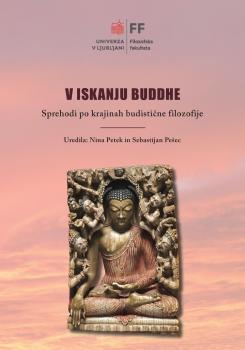Soteriological Potentials of Death in Vajrayāna Buddhism
Synopsis
The paper presents three different evaluations of death in Vajrayāna Buddhism, negative, neutral and positive. It shows that the originally negative valuation is always the stimulus for the practice that leads to liberation from the cycle of rebirth. The peak of the cultivation of this practice is in the neutral evaluation of death, which is about losing the aversion to death and at the same time the absence of the desire for it. Vajrayāna Buddhism is also a rich source of positive evaluations of death, which is a matter of recognising the unique soteriological opportunitiest brought about by the near-death and after-death states of the bardos. The paper discusses these opportunities primarily through the text Bardo Thödol, and also discusses various meditation techniques that are practiced during life and serve as preparation for the event of death and its soteriological potential. At the end, the paper briefly presents the neutral evaluation of death by the yogi Milarepa, and then discusses two of the six yogas of Naropa, techniques central to the Kagyu school, which prepare the meditator for the liberating opportunities of death.
Downloads
Pages
Published
License

This work is licensed under a Creative Commons Attribution-ShareAlike 4.0 International License.


